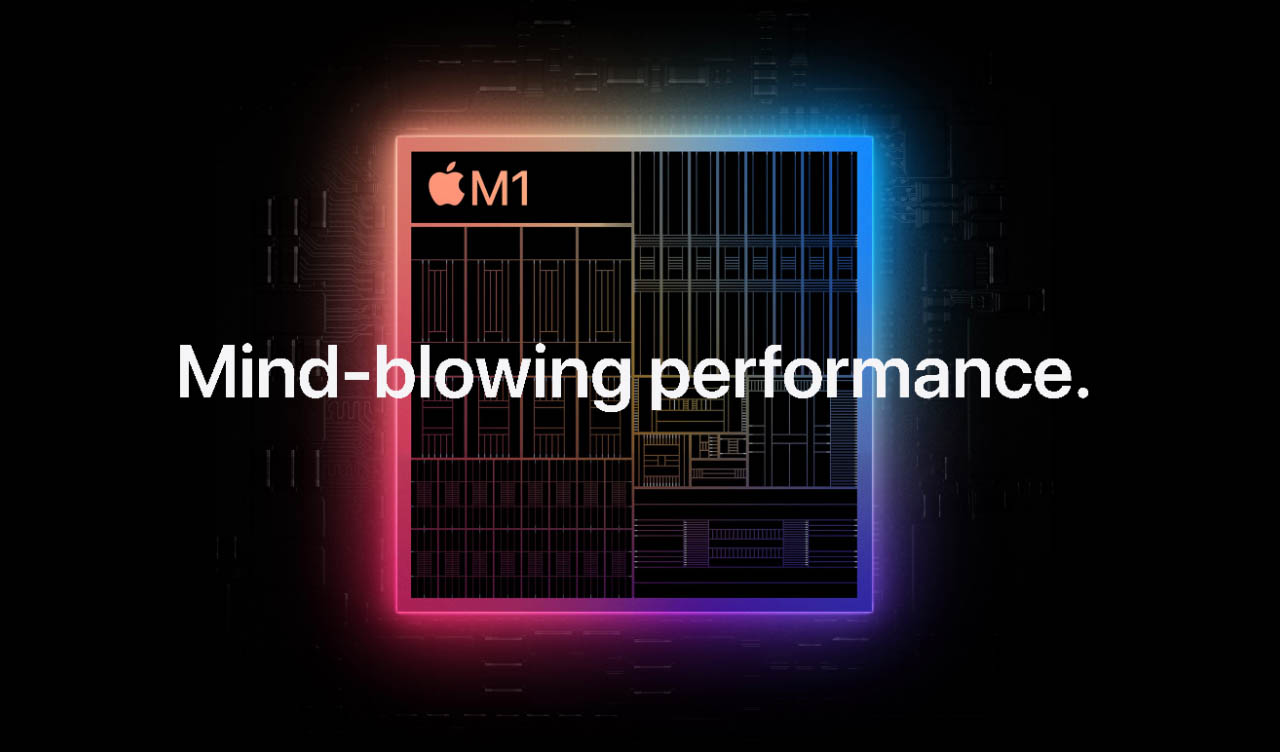iPad Pro M1 benchmarks
The new iPad Pro models with M1 chip will be released this month. As usual, you can choose from an 11-inch and 12.9-inch format, although there are major differences this year. Only the 12.9-inch model features a mini LED screen, which Apple calls Liquid Retina XDR. You get a great performance on both models. According to Apple, it comes down to 50% faster CPU performance and a 40% faster GPU. But is that really the case?
The benchmarks have now appeared online for the first time on Geekbench, so that we can compare them with the A12Z Bionic chip in the previous models.
The 12.9-inch iPad Pro with M1 chip achieved single core and multi core scores of 1718 and 7284 respectively. The previous generation was stuck at 1121 and 4656. Graphically, the M1 iPad Pro achieved a Metal score of 20,578, or 71% faster than the previous generation. It's also a lot higher than Apple's own estimates.


So it is true that the iPad Pro M1 is about 50% faster than the previous models, maybe even up to 55%. It can also be seen that the performance is comparable to the M1 Mac models from 2020. The MacBook Air M1 2020 achieved scores of 1701 and 7378, so that is close to that.
Benchmark scores of iPad and Mac
These are some average multi-core scores:
- M1 iPad Pro 2021: 7,284
- iPad Pro 2020 with A12Z Bionic: 4,656
- iPad Air 2020: 4,246
- M1 MacBook Air 2020: 7,378
- M1 Mac mini 2020: 7,346
- 16-inch MacBook Pro with Intel Core i9: 6,845
Unsurprisingly, the M1 also outperforms the Intel processors. Apple still has the 16-inch MacBook Pro with Intel Core i9 in the range, but it only achieves scores of 1091 and 6845. It is therefore more sensible to wait for the successor, which will undoubtedly be equipped with Apple Silicon. Apple could choose an M1X chip or an M2 chip.


The M1 iPad Pro has been in pre-order since April 30 and will arrive with first customers around May 21. The first reviews will probably also appear online next week, expected on Wednesday 19 May. Do you want to know on which points the iPad Pro 2021 differs from the iPad Pro 2020? Read our comparison!
To what extent the iPads will use the performance of the M1 processor is still the question. It is now possible to create even more powerful software, such as Final Cut Pro for iPadOS. Hopefully we'll hear more about this when we announce iPadOS 15 in June.
